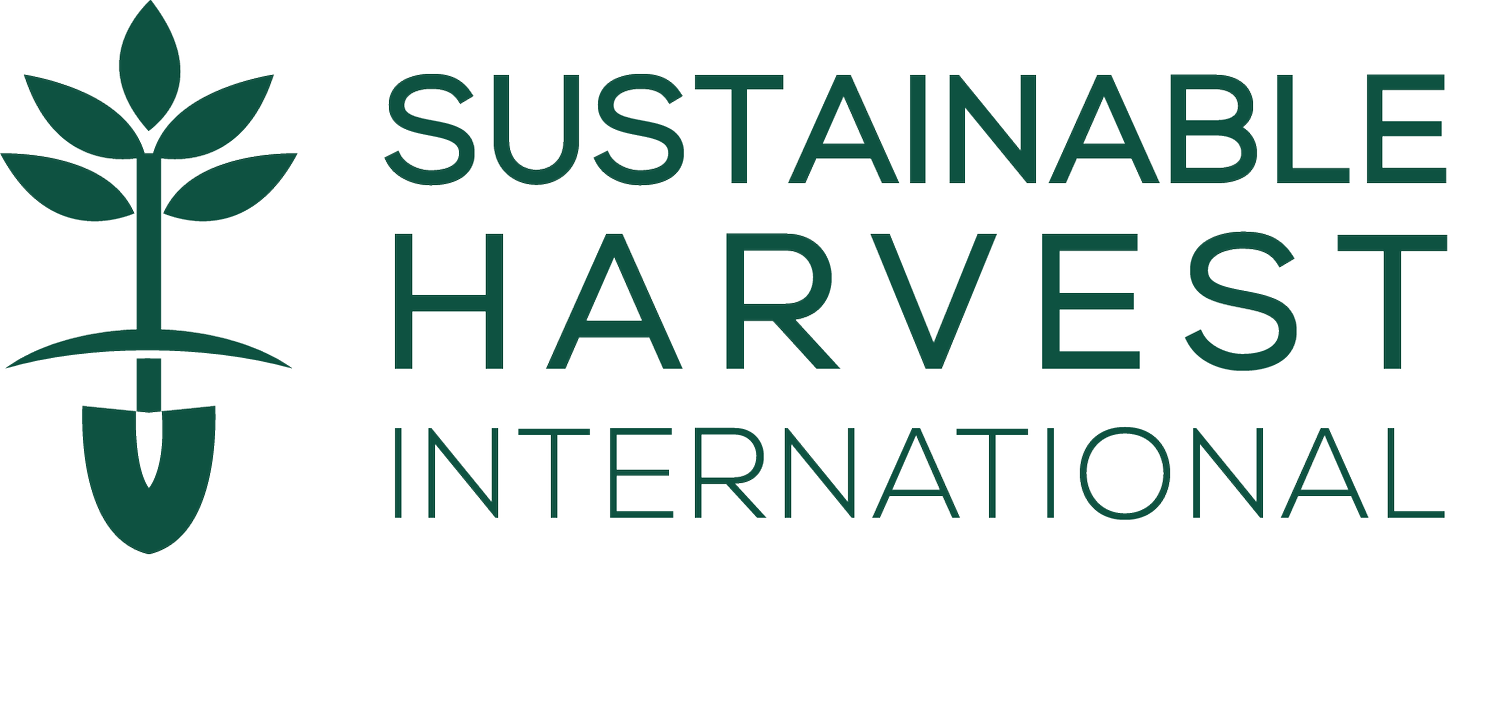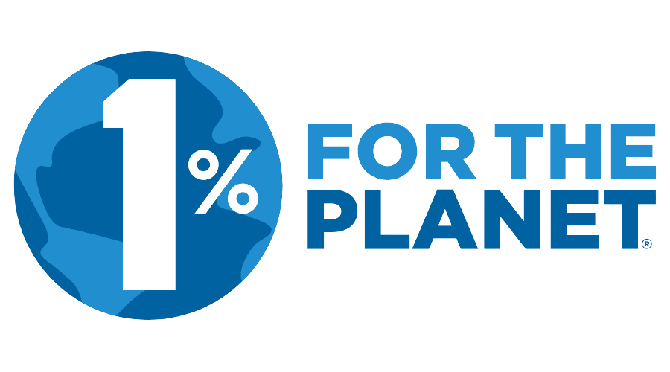carlos rubi sandoval
partnering farmer
“I believe we should work for the betterment of our environment while we are living the life we were given.”
Carlos was born and raised in Piedra Gorda, a small community on the banks of the Locomapa River in the mountainous Honduran department of Yoro. Like many other communities in the area, the majority of families in Piedra Gorda are Tolupan, an indigenous group native to northwestern Honduras.
In 2014, SHI-Honduras field trainer Jaime Soto first arrived in Piedra Gorda, quickly solidifying partnerships with ten families, including Carlos’s family of four. Jaime was particularly determined to see the SHI program succeed in this Tolupan community, especially given his own Tolupan heritage. And after 16 years of working with SHI, Jaime still highlights his work in Piedra Gorda and with Carlos in particular as some of his crowning professional achievements.
Since graduating from SHI’s multi-year training program in 2019, Carlos has gone on to become an advocate for agroecology in his community and beyond.
Finding his voice
Carlos and Jaime both laugh about their lackluster first encounter back in 2014. Carlos arrived fashionably late to Jaime’s first community presentation, and then proceeded to sit quietly in the back. While Jaime mistook Carlos’s guarded nature for disinterest, Carlos worried about overcommitting to this new program.
SHI-Honduras field trainer Jaime Soto (right) and Carlos Sandoval (left) discussing the benefits of growing onions with beans in 2016.
But Carlos recalls being immediately attracted to SHI’s focus on organic gardens and food security. He also had a long-standing interest in protecting local forests in the region.
By partnering with Jaime and SHI-Honduras, Carlos believed he had finally found a way to provide for his family, restore his land, and protect local forests, all at once.
And through five years of partnership, he’s been able to do just that, and so much more.
“When I speak with Carlos, I get very emotional because when I first met him, Carlos was someone who didn’t even know how to introduce himself in front of a group of people.”
Carlos leads a workshop on silo construction to a group of families in the community of La Concepción in April 2021.
Now, Carlos has found his voice and is embracing it. He’s a community leader driven by his conviction that agroecology can transform lives.
He’s always seeking out opportunities to share his knowledge with others, whether at regional meetings on native seed-sharing or while leading group workshops on food security technologies. He’s even organized a cooperative that sells organic fertilizers to other farming families in the area. He hopes that this business venture will inspire other families to follow his lead.
“What I learned [with SHI] was not easy but I’m doing very serious work. Apart from what I’m harvesting and selling, I’m giving and teaching people. When people need support, I give it to them, free.”
A Growing family
Carlos’s son reaching for a mango in their backyard in 2017.
Carlos jokes that his growing belly is proof enough of the positive impact SHI left on his family and community. Since working with SHI, his family now has access to a huge diversity of fresh, organic crops including pineapples, mangoes, limes, cucumbers, mustard, cabbage, beans, and so much more. A backyard fish pond provides an important source of additional protein.
Everything he grows fuels his growing family.
Selling vegetables and organic fertilizers, Carlos is creating new opportunities for his family. By 2017, this new income was enough for Carlos to finish building his family’s home. And by the time his three young children grow up, Carlos hopes he’ll have enough to send them to college.
He dreams that maybe, just maybe, his children will use their education to improve the livelihoods of Tolupan communities like his.







